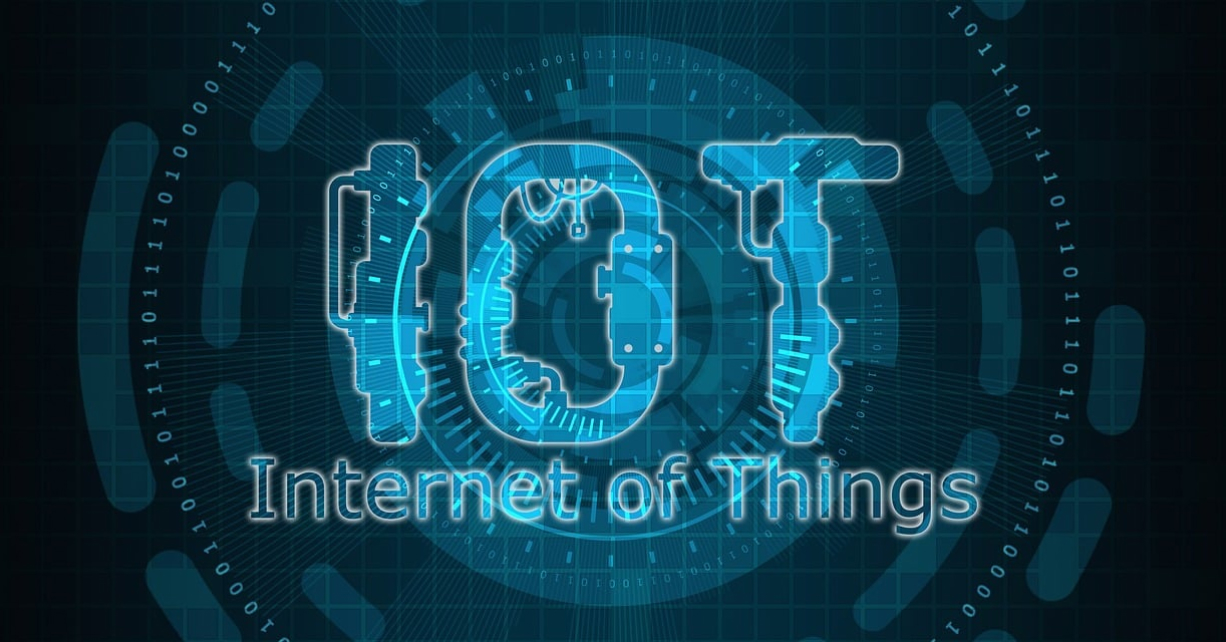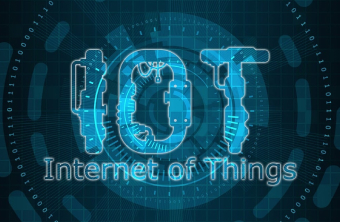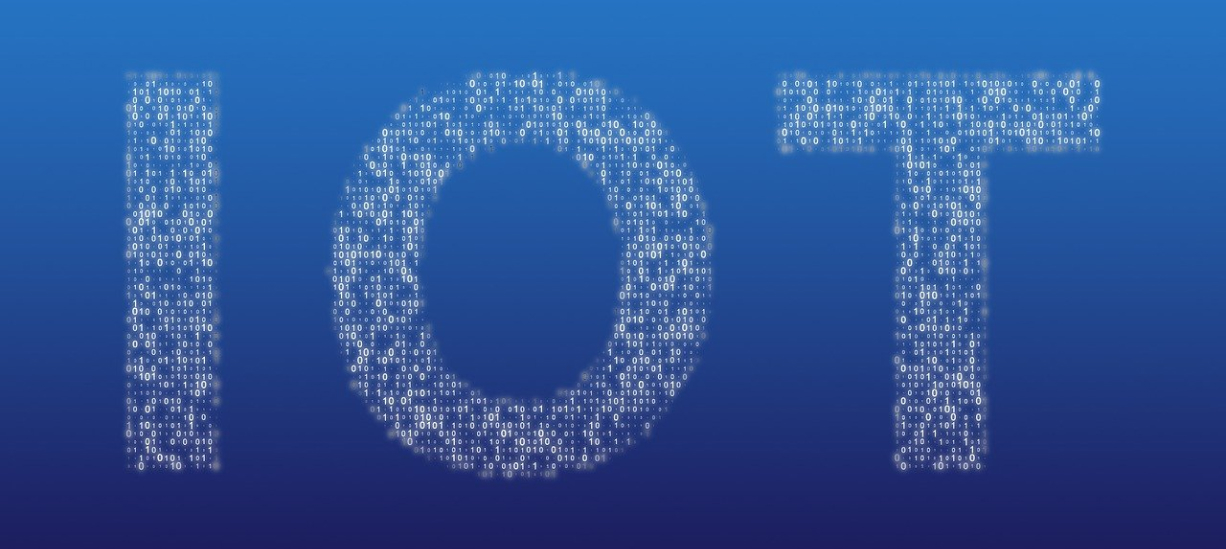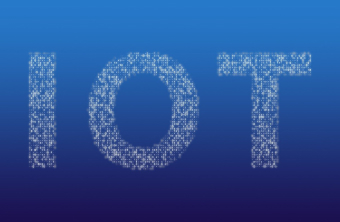

In the ever-evolving digital era, the integration of Internet of Things (IoT) technology into our daily lives is becoming increasingly prevalent. A recent study by Juniper Research unveils an eye-opening forecast in the realm of cellular IoT devices, predicting a significant surge in their global count. By 2028, the number of cellular IoT devices is expected to double, leaping from the current 3.4 billion to an astonishing 6.5 billion. This growth signifies not only a 90 percent increase in connections over the next four years but also underlines the critical challenges and opportunities that lie ahead in meeting this demand.
The pivotal challenge highlighted by Juniper’s study is the pressing need to accommodate this exponential growth. As the digital fabric of our world becomes increasingly interwoven with IoT devices, the demand for efficient management and security of these devices escalates. The study advocates for the deployment of intelligent infrastructure management solutions as the key to navigating this surge. Such innovations offer the potential to automate device configurations, bolster security protocols, and manage connectivity in real-time, ensuring a seamless and secure IoT experience.
Another significant aspect of the study focuses on the expected rise in global cellular IoT data, projected to more than double to 46 petabytes by 2028. This anticipated influx of data underscores the necessity for further investment in IoT automation services, including the promising realm of federated learning.
In the face of growing security concerns, Juniper Research emphasizes the importance of embracing federated learning models within the IoT ecosystem. Unlike traditional machine learning approaches that centralize data, federated learning employs a decentralized model. This method significantly mitigates the risk of data fraud and breaches by reducing the exposure of sensitive IoT data. By adopting federated learning, the IoT industry can enhance data security and foster a more secure environment for the burgeoning number of cellular IoT connections.


The findings of Juniper Research’s study serve as a clarion call to both platforms and operators in the IoT space. The author of the research, Alex Webb, highlights the paramount importance of data security in this era of expanding cellular IoT connections. As we tread into the future, ensuring the security of data in transition and on devices becomes indispensable. Failure to secure this digital frontier may deter industries with sensitive data from leveraging cellular IoT connectivity to its full potential.
As we stand on the cusp of a significant expansion in cellular IoT devices, the insights from Juniper Research’s study illuminate the path forward. By embracing innovative solutions such as intelligent infrastructure management and federated learning, the IoT industry can navigate the challenges of growth while safeguarding the integrity and security of data. The future of connectivity beckons—a future where the seamless integration of IoT technology enhances our lives, powered by the assurance of robust security measures.